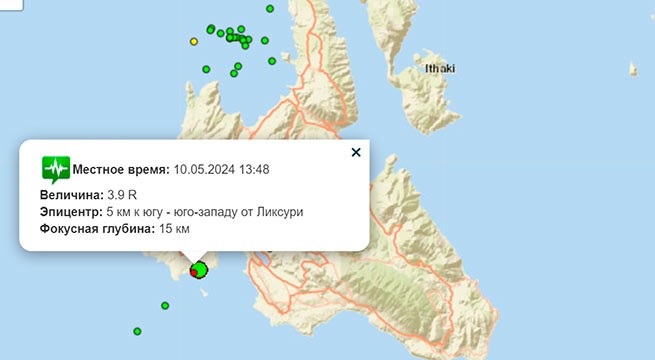Four Greek universities rank among the top 1000 in the world: primarily the National Kapodistrian University of Athens, followed by the Aristotle University of Thessaloniki, the University of Crete and the University of Thessaly.
The official announcement was made by the independent non-profit organization ShanghaiRanking Consultancy, the Academic Ranking of World Universities (ARWU), also known as the “Shanghai Ranking”, which is considered one of the three most important in the world.
Each university is methodologically assessed: its alumni and professors have been awarded Nobel or other important prizes, researchers whose articles have a high scientific impact, as well as articles and publications in the journals Nature and Science.
The list also includes universities with a significant number of publications that have been included in the Science Citation Index (SCIE) database and the Social Science Index (SSCI) Citation Index database.
Greek Universities Ranking
Since the ranking was published in 2003, more than 2,000 universities have been ranked and ranked, and a table has been compiled with the top 500 universities. Starting in 2019, a list of the 1000 best universities in the world is published.
According to the ranking, one of the Greek universities is among the top 500 universities in the world, and all four are among the top 1000 universities in the world.
The leading Greek university is the Kapodistrias National University of Athens (positions 301-400). At positions 501 to 1000 there are three Greek universities: at positions 501-600 the Aristotle University of Thessaloniki, the University of Crete (positions 601-700) and the University of Thessaly (positions 801-900).
How are universities ranked?
Universities are ranked based on six indicators of academic and research performance. For each “best” institution receives 100 points, so each other is assessed with a percentage that did not achieve the first. These indicators are as follows:
1. Index of GRADUATES: the number of graduates who received awards (Nobel, Field) with a specific percentage of 10%,
2. Index of awards: the number of teachers who received awards (Nobel, Field) with a specific percentage of 20%,
3. HiCi index: the number of teachers included in the lists of researchers with a large number of references, accounting for 20%,
4. N&S index: the number of publications in the journals Nature and Science from 2014 to 2018 with a specific percentage of 20%,
5. PUB Index: the number of publications included in the Science Citation Index and Social Sciences Citation Index databases (20%),
6. PCP Index: Average academic performance per capita that is derived from a weighted sum of the above metrics by faculty of 10%.






More Stories
Greece celebrates Victory Day – photo and video (added)
In Symi, Antikyra and Arachova, barbecues started smoking: Greeks celebrate Easter on a grand scale
History and traditions of Easter